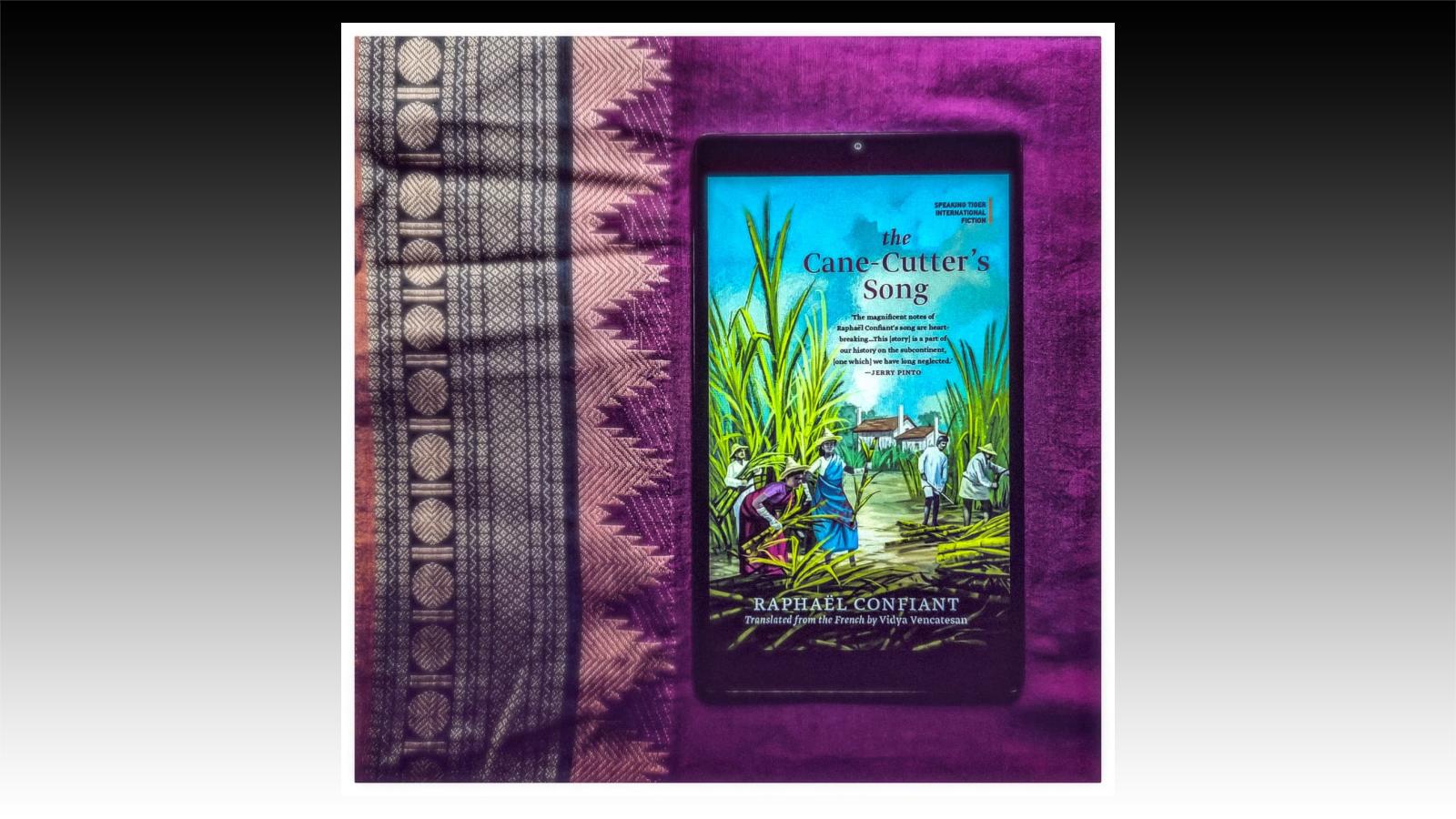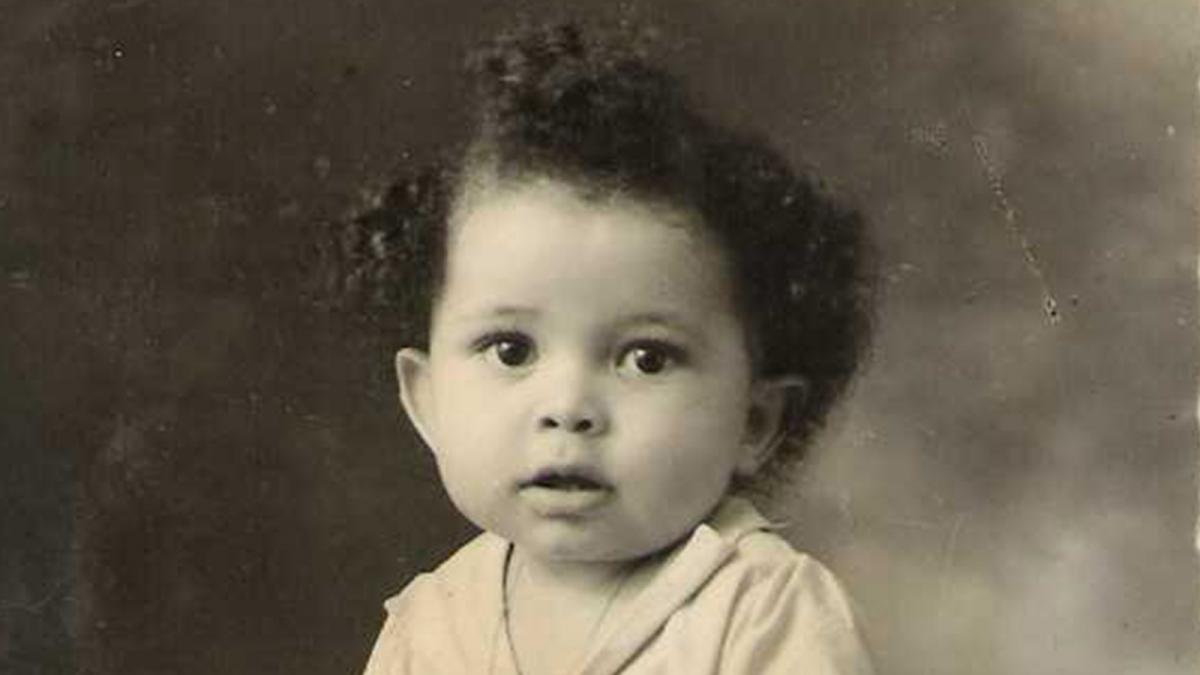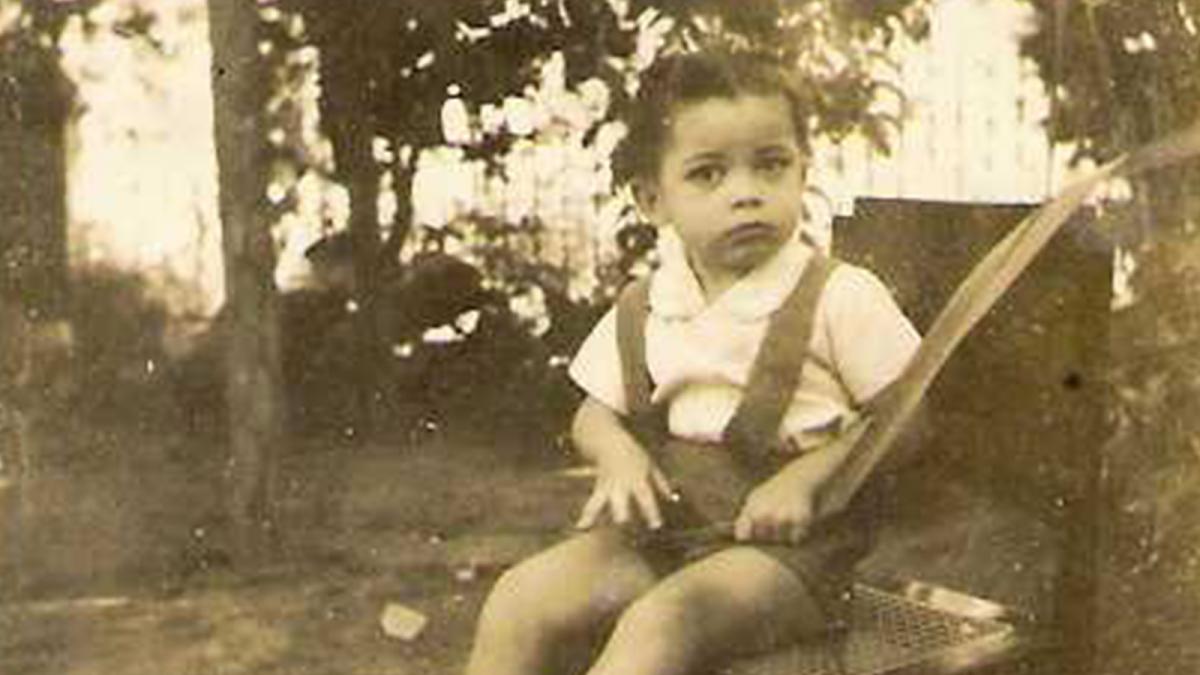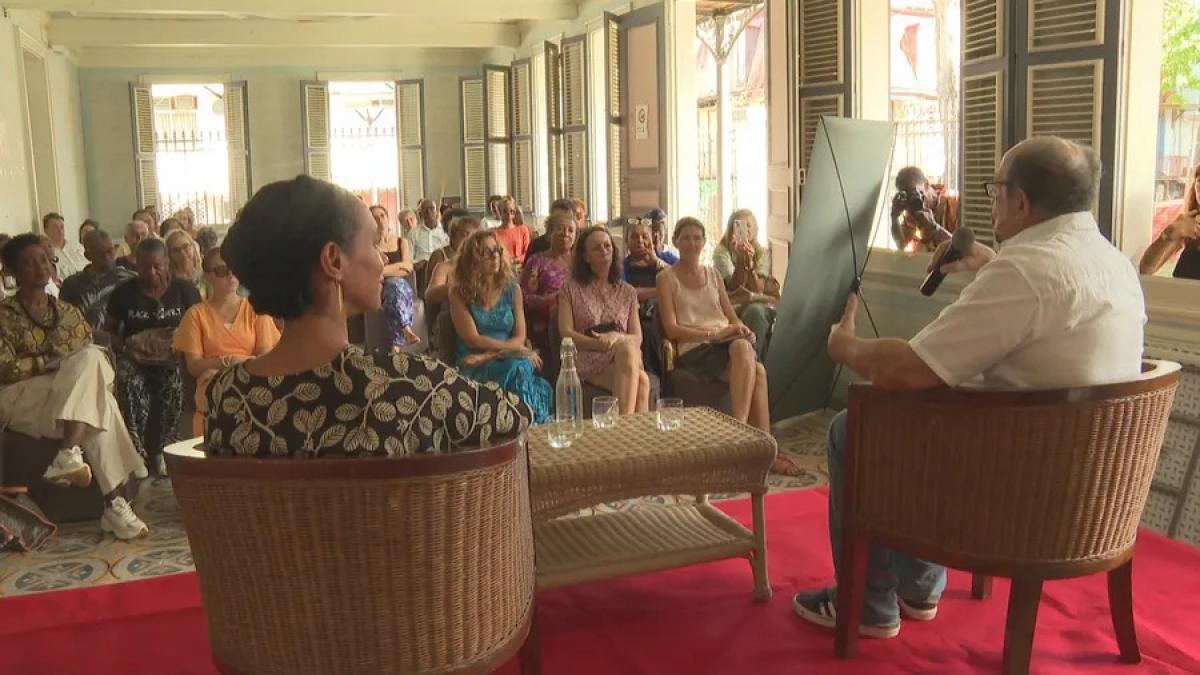The Cane-Cutter’s Song by Raphaël Confiant. Translated by Vidya Vencatesan
Arunaa ("Rebel Arunaa")

"கரும்புத் தோட்டத்திலே - ஆ! கரும்புத் தோட்டத்திலே
நெஞ்சம் குமுறுகிறார் - கற்பு நீங்கிடச் செய்யுங் கொடுமையிலே யந்தப் பஞ்சை மகளிரெல்லாம் - துன்பப் பட்டு மடிந்து மடிந்து மடிந்தொரு தஞ்சமு மில்லாதே - அவர் சாகும் வழக்கத்தை இந்தக் கணத்தினில் மிஞ்ச விடலாமோ? - ஹே வீரமா காளி சாமுண்டி காளி கரும்புத் தோட்டத்திலே - ஆ! கரும்புத் தோட்டத்திலே" - மகாகவி சுப்பிரமணிய பாரதியார்.
I’m fascinated by the Creole moniker ‘Maldévilin’ for the exclusively Tamil tutelary warrior deity Madurai Veeran (my favourite cult worship too.)
One unfateful day in history, the final convoy of indentured labourers (coolies) from Tamilnadu, tricked into earning wealth in the Americas, were ditched on a colonial ship that sailed via the Coromandel’s coast from the Port of Pondichéry, across the Sea of Fire finally encircling the Cape of Good Hope through the Kaala Paani (Sea of Darkness) to only become cast aways in the Francophone island of Martinique in the lesser Antilles of Caribbean waters.
These were once affluent mercantile traders, businessmen, people with an identity on their home soil of Tamil country until a severe drought and famine ravaged the living. Running away from the ravenous, predatory Jackals that fed on human flesh, Adhiyaman a Madurai tamilan found himself a bride, Devi, from a marriage of convenience before they disembarked on an ominous sea journey about The White Adder. Devi adopts Vinesh an infant then from his mentally ill mother who was in her death throes in the same ship.
The stooges survived an apocalyptic storm and with the Toulken’s faithful prayers, Nagourmira a guardian spirit was summoned to rescue them from the violence of the sea. The next ordeal was even frightening by an invisible virus. An outbreak of Smallpox when they were cruising through the Kaala Paani. As the adage goes, from the pot onto the fire. Unspeakable horrors awaited them in the Courbaril plantation of Macuba in Martinique.
They worked on the sugarcane plantations under a tyrannical white French colonial master, Béke who made sure these labourers pulled their backs and traumatized to permanent silence into their most squalid of living quarters while he lecherously cuckolded with the Tamil women who were seen as exotic beauties in his eyes.
They faced a hostile community who were conditioned to evil treatment, were the African slaves brought into the same island. The Negroes who won freedom from the then passed colonial laws, went on a raping rampage of the vulnerable and helpless Tamil women. These women unable to speak of their sorrows, sought redemption and solace in their deities they instated in their tiny living spaces such as Mariamman, Madurai Veeran, Nagourmira with a handful of earth they brought in their yellow bags from homeland. Chinese coolies too were marooned on the island but they with their shrewd ways stealthily escaped the torrential tyranny befallen the Tamil coolies.
What happened to the Caribbean aboriginals who lived in the island? Dead. Genocides. Dead corpses were washed up ashore at times. And the newly appointed school teacher, Theophile spent his leisure time excavating artefacts left behind by the Caribbs.

An excerpt from the book.
The sugarcane, fundamentally a weed, in exchange for human blood was cultivated to give sugar, distilled into rhum liquor, broke backs, saw to the deaths of labourers, and continues into this era as well sending all of us into the next global pandemic of diabetes.
This story is written begins with Vinesh’s narrative, traverses back and forth Tamil country to Martinique through Adhiyaman’s memories. He absconds one day, abandoning his wife and children behind. Devi too muses her sorrows upon Anthenor’s entry into her life.
You’d meet a multitude of characters and their eccentricities in Raphaël’s artful chronicling of life in Martinique. The laws of Mansumriti quoted in the story sent my blood pressure up staggering.
A quirky Ancestor hermit, Syrian peddlers, Chabin, multiple genotypical pedigrees of the white French, the Tamils, the Chinese, the Negroes, and then the lovechild born of a black and a mulatto.
A mulatto being a mixed pedigree of a whhite and a Negro, another set of cross between a Mulatto and a Negro and the half breeds born of Negro and an Indian known to be Echappé-couli.
They came together to meet on a common ground, despite their polarized diversity, in the combat dance sport of Danmyé with gambling and then drink themselves to stupor on Rhum. Their way of becoming physically and mentally numb to the fact they would never be sent home as promised in their labour contracts.
The descendants of these blood lineages conceived the current day decolonized Creole inhabitants of Martinique.
My personal heartfelt thanks to the translator for bringing the story in English to non-French/Creole speaking people like me and for sharing the fiery poem on Karumbu Thottathile by the one and only Mahakavi.
கரும்புத் தோட்டத்திலே – ஆ!
கரும்புத் தோட்டத்திலே
கரும்புத் தோட்டத்திலே – அவர்
கால்களும் கைகளும் சோர்ந்து விழும்படி
வருந்து கின்றனரே! ஹிந்து
மாதர்தம் நெஞ்சு கொதித்துக் கொதித்துமெய்
சுருங்குகின்றனரே – அவர்
துன்பத்தை நீக்க வழியில்லையோ? ஒரு மருந்திதற் கிலையோ? – செக்கு
மாடுகள் போலுழைத் தேங்குகின்றார், அந்தக் (கரும்புத்தோட்டத்திலே)
பெண்ணென்று சொல்லிடிலோ – ஒரு
பேயும் இரங்கும் என்பார்; தெய்வமே! – நினது
எண்ணம் இரங்காதோ? – அந்த
ஏழைகள் அங்கு சொரியுங் கண்ணீர்வெறும்
மண்ணிற் கலந்திடுமோ? – தெற்கு
மாகடலுக்கு நடுவினிலே, அங்கோர்
கண்ணற்ற தீவினிலே – தனிக்
காட்டினிற் பெண்கள் புழுங்குகின்றார், அந்தக் (கரும்புத்தோட்டத்திலே)
நாட்டை நினைப்பாரோ? – எந்த
நாளினிப் போயதைக் காண்பதென்றே அன்னை
வீட்டை நினைப்பாரோ? – அவர்
விம்மி விம்மி விம்மி விம்மியழுங் குரல்
கேட்டிருப்பாய் காற்றே! துன்பக்
கேணியிலே எங்கள் பெண்கள் அழுதசொல்
மீட்டும் உரையாயோ? – அவர்
விம்மி யழவுந் திறங்கெட்டும் போயினர் (கரும்புத்தோட்டத்திலே)
நெஞ்சம் குமுறுகிறார் – கற்பு
நீங்கிடச் செய்யும் கொடுமையிலே அந்தப்
பஞ்சை மகளிரெல்லாம் – துன்பப்
பட்டு மடிந்து மடிந்து மடிந்தொரு
தஞ்சமு மில்லாதே – அவர்
சாகும் வழக்கத்தை இந்தக் கணத்தினில்
மிஞ்ச விடலாமோ? – ஹே
வீரமா காளி சாமுண்டி காளீஸ்வரி! (கரும்புத்தோட்டத்திலே) – மகாகவி சுப்பிரமணிய பாரதியார்
- Se connecter ou s'inscrire pour publier un commentaire
- 24 vues
Connexion utilisateur
Dans la même rubrique
Top 5 des articles
Aujourd'hui :
- Créolité et francophonie: un éloge de la diversalité
- Mort de Jacques Coursil, jazzman génial et figure méconnue de la modernité noire
- Raphaël Confiant: un langage entre attachement et liberté
- Raphaël Confiant, écrivain prolifique et citoyen engagé
- "Jik dèyè do Bondié" (1979), mon premier livre en créole
Depuis toujours :
- Le grand livre des proverbes créoles
- Les stupéfiantes facultés divinatoires de Concept Lapierre, voyant du Morne-des-Esses
- LA DIFFERENCE CONCEPTUELLE ENTRE LA NEGRITUDE, L'ANTILLIANITE ET LA CREOLITE
- Raphaël Confiant
- Césaire fut "anté-créole" et pas "anti-créole"
Visiteurs
- Visites : 1231491
- Visiteurs : 89351
- Utilisateurs inscrits : 48
- Articles publiés : 309
- Votre IP : 216.73.216.3
- Depuis : 09/05/2022 - 19:37











